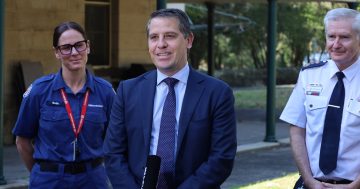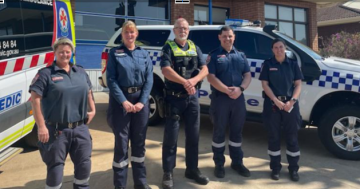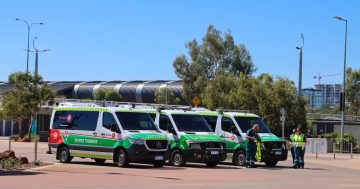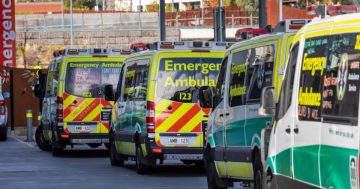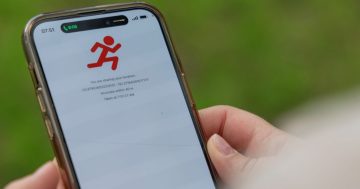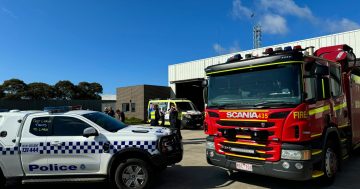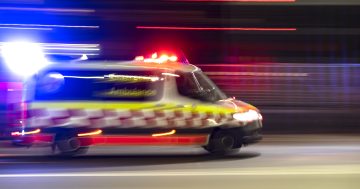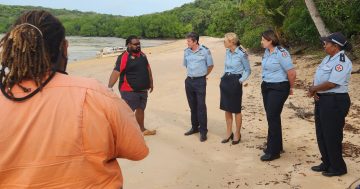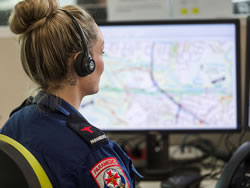 Ambulance Victoria (AV) is urging the public to save Triple Zero (000) for emergencies to ensure that help for people in life-threatening situations isn’t delayed.
Ambulance Victoria (AV) is urging the public to save Triple Zero (000) for emergencies to ensure that help for people in life-threatening situations isn’t delayed.
Chief Operations Officer at AV, Anthony Carlyon said about one in five calls to Triple Zero did not need an emergency ambulance response and the availability of paramedics to respond quickly to seriously injured and unwell patients was reduced when an ambulance was called to a non-emergency situation.
“Every call for assistance that isn’t an emergency puts significant strain on crews to reach those patients who need it most,” Mr Carlyon said.
“Between October and December last year, a total of 45,087 callers to Triple Zero (000) did not need an emergency response,” he said.
“Recent calls to Triple Zero (000) included someone struggling to sleep at 8pm, a child who was dizzy after spinning around, and someone who pricked themselves with an acupuncture needle after testing if it was sharp.”
Mr Carlyon warned that non-emergency calls could impact the overall system and potentially divert resources away from someone in a life-threatening situation.
The COO said time was critical in a medical emergency and if paramedics were tied up with non-emergency calls, they were not available to respond to situations where an ambulance could mean the difference between life and death.
However, he said that if in doubt, people should always call Triple Zero and a trained call taker would help and direct them to the appropriate assistance.
Acting Clinical Lead, Triage Services at AV, Oliver Forbes said paramedics and nurses in AV’s Secondary Triage team dealt with non-urgent calls daily.
“Someone called because they were stuck in a parka after the zip got caught,” Mr Forbes said.
“Another person rang Triple Zero (000) because they had a ring stuck on their finger.”
He said Secondary Triage clinicians were often tasked with telling callers they didn’t need an emergency ambulance for their problem.
“This is frequently met with frustration, anger and abuse from callers but what they don’t always recognise is that we are medical professionals and are highly trained to make these decisions,” Mr Forbes said.
The Acting Clinical Lead said Secondary Triage clinicians could connect people with non-emergency transport, to a doctor or pharmacist, or providing health advice to treat conditions safely at home.


